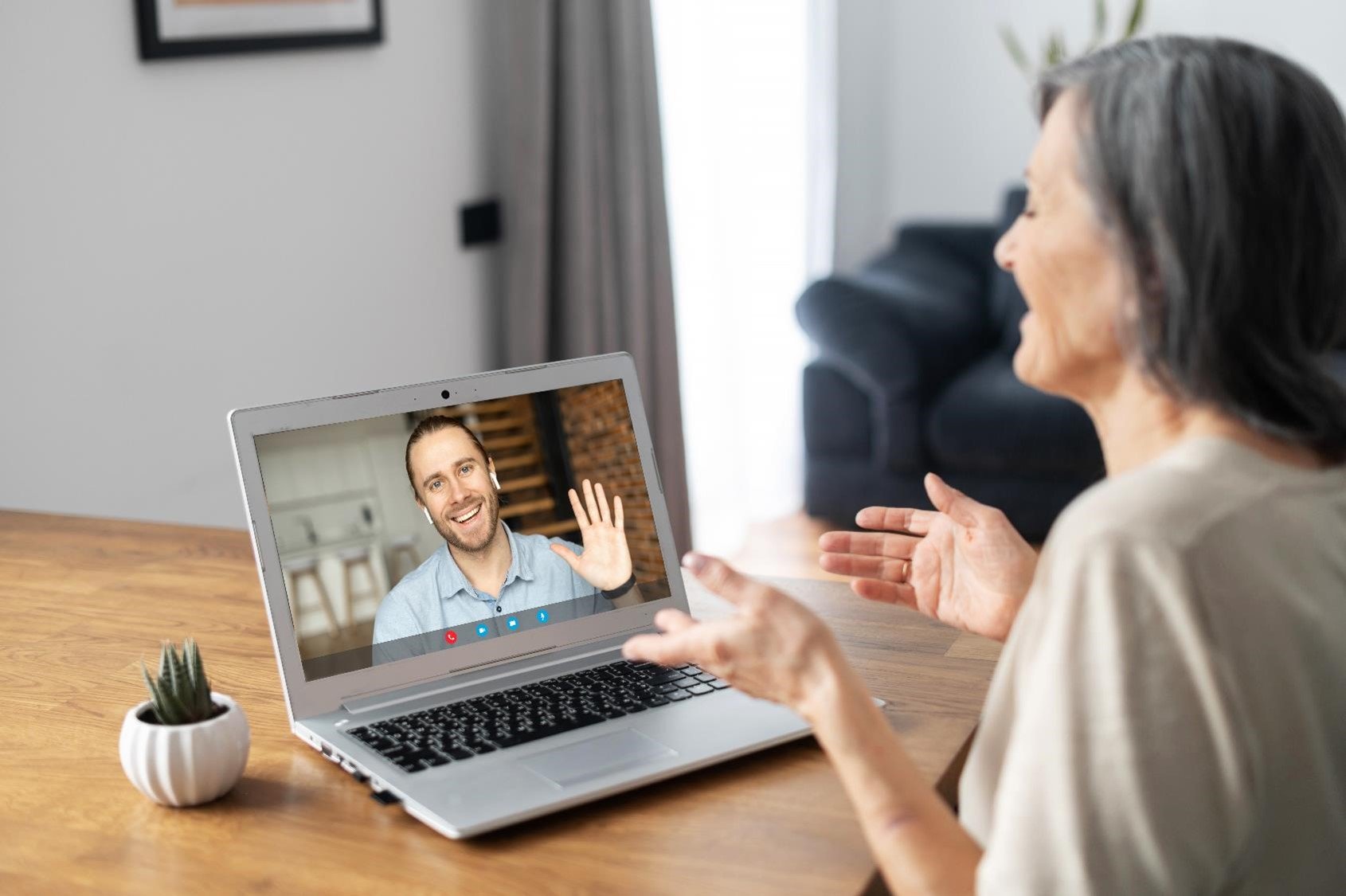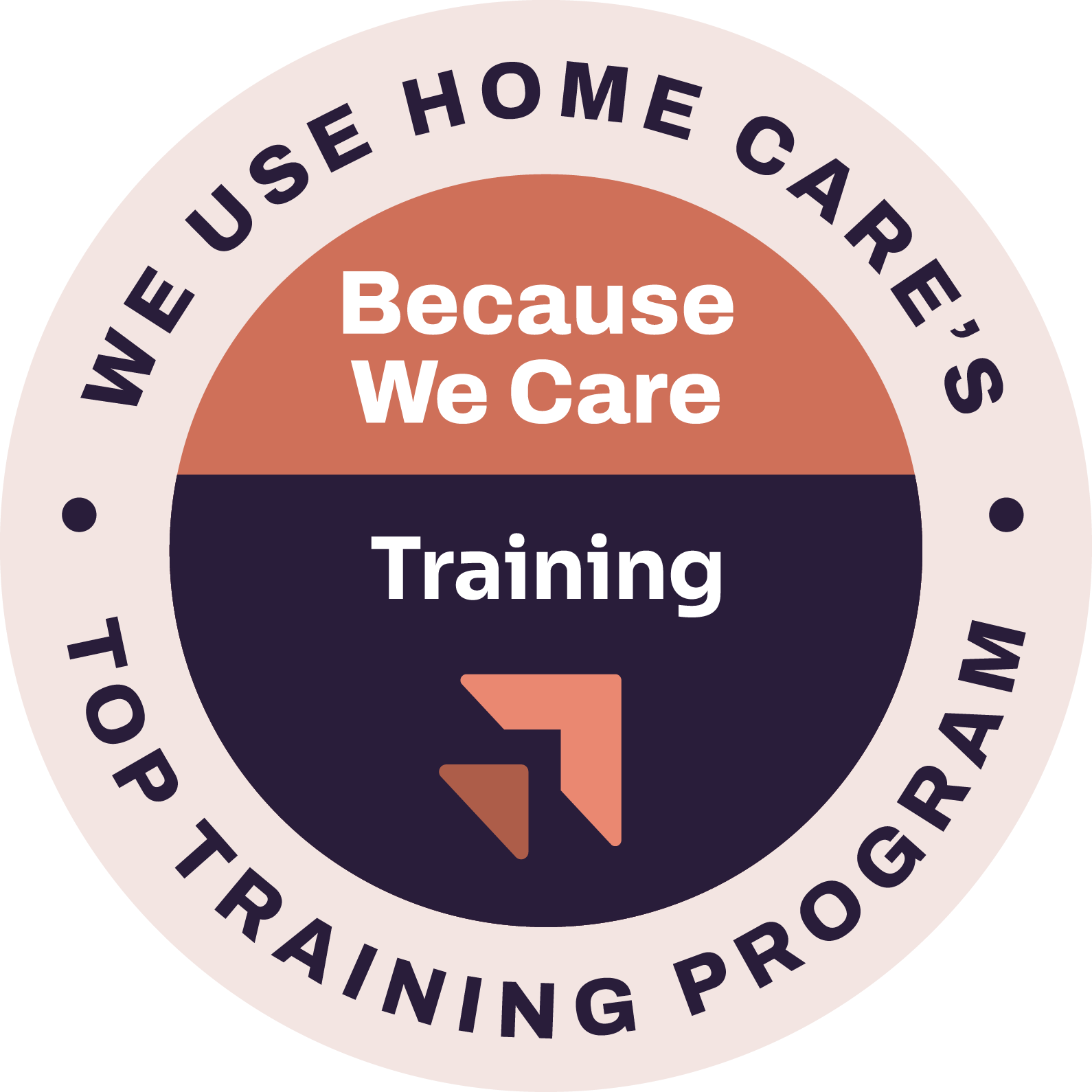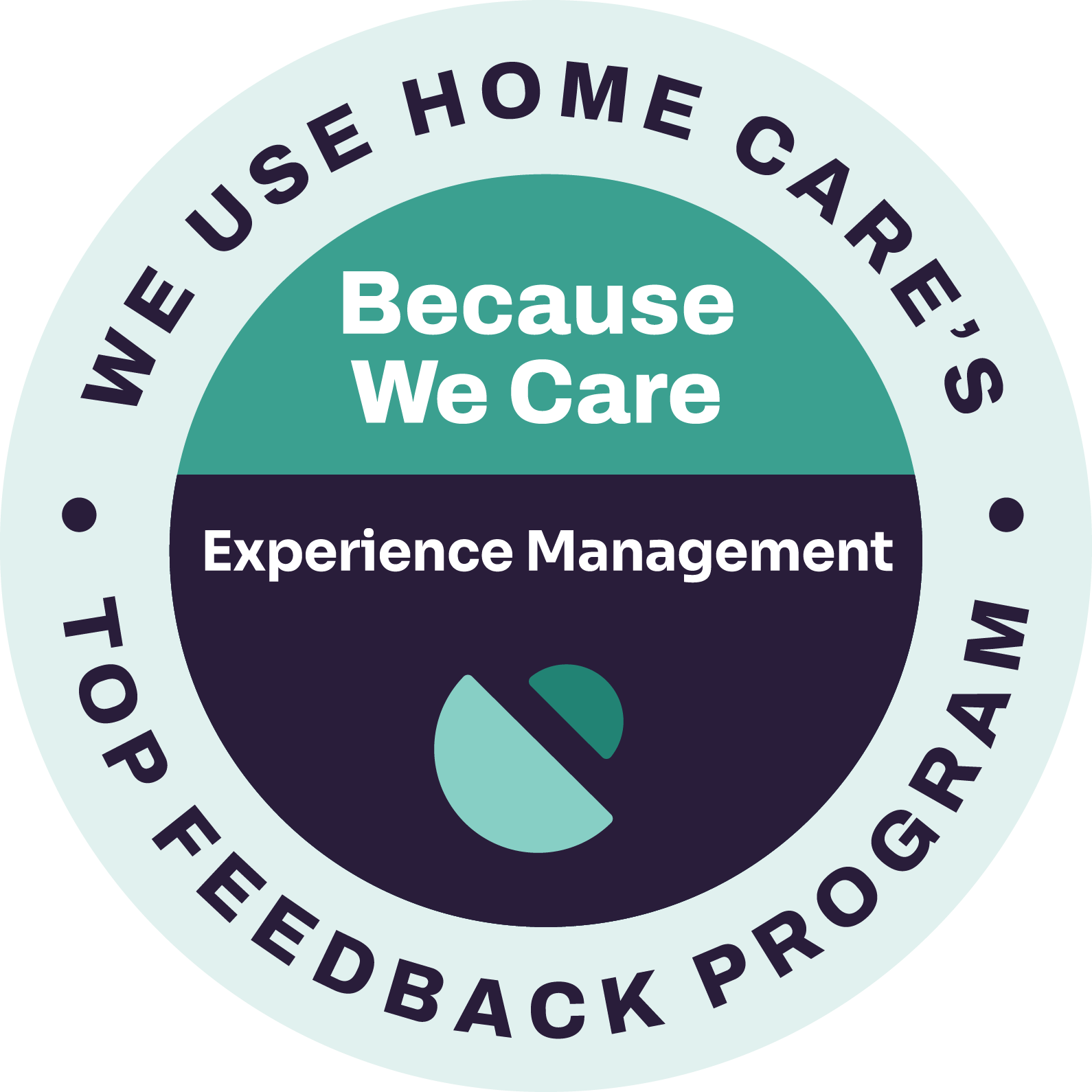“Hi, this is Sunlight Senior Care.”
“Hi, I’m going to be in town next Tuesday. I’m wondering if you can have someone come out to Mom’s house and talk with us about providing care in her home.”
Phone calls like that are a regular occurrence here at Sunlight Senior Care. Caring for an elderly parent presents unique challenges for their adult children who live far away. Does this sound like you? If so, know your role as a long-distance caregiver is vital in your parent’s care. From regular communication to identifying local resources, building a support network, and coordinating care, you help ensure your loved one receives the support and attention they need. Here are 5 tips for successful long-distance caregiving:
1. Open Communication
Regular, open communication through phone calls, video chats, emails, and even good old-fashioned letters is key to successful long-distance caregiving. Encourage your Mom or Dad to express themselves openly, then listen attentively to their concerns, preferences, and needs.
Establishing a communication routine can help you stay connected and informed about your parent’s well-being. Additionally, identify a local contact (perhaps a local family member, trusted neighbor, or caregiver) to provide regular updates.
2. Plan Your Visits!
Regular visits to your parent are invaluable to your relationship and for assessing their physical and emotional well-being. Plan your visits to prioritize activities that promote connection and joy, such as sharing meals, going for walks, or engaging in their favorite hobbies and interests. Because of the distance, travel costs plus time off work often mean you actually have higher caregiving expenses than other family members who live near Mom or Dad. The AARP reported long-distance caregivers had the highest annual expenses ($8,278) compared to those who care for a loved one nearby ($4,570).
3. Build a Support Network
Seek out support from other family members, friends, neighbors, and local resources to share the caregiving responsibilities and lighten the load. Establishing a support network can provide emotional support, practical assistance, and valuable insights into local resources and services.
Be sure to connect with the local Offices on Aging and nearby Senior Centers. A Care Manager from the Office on Aging knows about community-based resources and how to access them. Senior Centers offer socialization, fun activities, and often free or modestly-priced lunches.
- In Des Moines: Aging Resources
- In Lincoln: Aging Partners
- In Omaha: ENOA
You also need to take care of yourself. Look for a local or online support group for remote caregivers, where you can share stories and experiences, as well as receive advice from others in similar situations.
4. Coordinate Care
Identifying and developing a care team including local caregivers, healthcare providers, and community resources is essential for ensuring comprehensive care for your elderly parent.

As alluded to in the introduction, we at Sunlight appreciate having distant family members present when we meet with potential clients. This provides a more consistent understanding of care services and allows everyone’s questions to be addressed at the same time. Ways for enhancing communication are discussed, such as Sunlight’s online portal that family members can log into to check on their loved one’s well-being.
Technology can also help you stay informed about your parent’s medical appointments, treatments, and medications. Online platforms can help you organize and track healthcare information. Share updates with other family members and caregivers to coordinate care more effectively.
5. Plan for the Future
Care needs change over time. Anticipate and plan for changes in your parent’s health status and living arrangements. Discuss topics such as advance care planning, long-term care options, and financial matters openly and proactively.
Explore alternatives such as telehealth services, remote monitoring devices, and assistive technologies that can help you stay connected with your parent and provide additional support from a distance. Consulting with an elder law attorney or financial advisor can also help you navigate legal and financial considerations related to long-distance caregiving. Related: Can Alzheimer’s Patients Sign Legal Documents?
While long-distance caregiving presents its own set of challenges, it’s possible to provide meaningful support and care for your elderly parent from afar. Through dedication, compassion, and collaboration, you can navigate the complexities of long-distance caregiving with grace and confidence, fostering a sense of connection and well-being for both you and your elderly parent.
Have a visit to your Mom or Dad planned? Get some of your questions answered. Schedule that in-home Care Assessment on our website!






